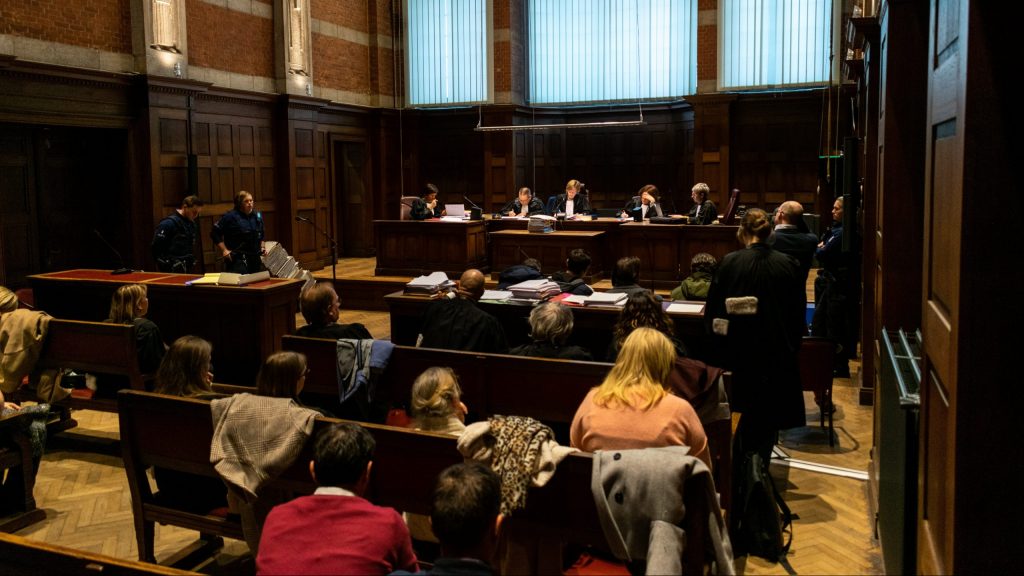Catholic campaigners have demanded action to curb growing online pornography and child abuse in the European Union, as the bloc's Catholic bishops welcomed new legislative proposals but also urged tighter controls.
"Internet access and digitization have greatly increased during the coronavirus pandemic, and we're deeply concerned about the effects on children of harassment, abuse and grooming," said Bénédicte Colin, policy manager with the Federation of Catholic Family Associations in Europe.
"In most EU member-states, it's illegal for minors to access online pornography, but these regulations aren't put into practice. However effective your laws, they count for little or nothing if not implemented."
The French lay Catholic spoke as the Commission of the Bishops' Conferences of the European Union, representing over a thousand bishops, published a statement on current EU efforts to combat online crime.
In a June 20 interview with Catholic News Service, Colin said her federation, grouping 28 Catholic family associations, was the only Brussels-based organization working against internet pornography in response to demands by parental groups across Europe.
"If it's possible to detect the relevant links and report illegal and harmful contents, it shouldn't be that difficult to block and remove them -- yet there are still no overall controls," said Colin.
In December, the European Union's governing commission approved a Digital Services Act and Digital Markets Act for enforcement across the 27 member-states in response to accelerated digitization during the coronavirus pandemic. The act includes pornography and abuse controls.
In a report, the Catholic family federation welcomed the planned directives, but warned that "oversexualization of children" in the media also needed to be barred as a root cause of crime and distorted attitudes among children.
It added that parents and family associations should be empowered to prevent sexual images and videos produced by children themselves. It said online access to pornography by minors had fueled unprecedented sexual violence between children and should be viewed as a form of sexual abuse.
In a separate June 23 report, the bishops' commission welcomed the "positive attention on the vulnerability of children" contained in the EU commission's draft acts, but also called for clearer procedures and safeguards.
The bishops' commission said legal approaches currently varied among member-states and urged greater coordination among national enforcement agencies to ensure internet platforms reacted quickly against illegal contents.
In a June 28 CNS interview, Alessandro Di Maio, media officer for the bishops' commission, said Europe's bishops were committed to protecting children online and offline and to ensuring the internet did not harm their moral development.
"Any legislative proposal concerning the online environment should also be seen through the lens of how effectively it allows children to act online in a safe and healthy way, accompanied as much as possible by their parents," he told CNS.
"EU institutions would like to have feedback from us, as from other actors, and we hope our recommendations will be taken into account when this new package is voted on."
The European Union is the global center of online child sexual abuse, with 90% of all websites hosted in its territory, according to a 2020 report by Ylva Johansson, EU commissioner for home affairs. The report cited further increases during the COVID-19 pandemic.
Twenty-three EU member-states are currently under infringement procedures for ignoring a 2011 EU directive on combating child pornography.

